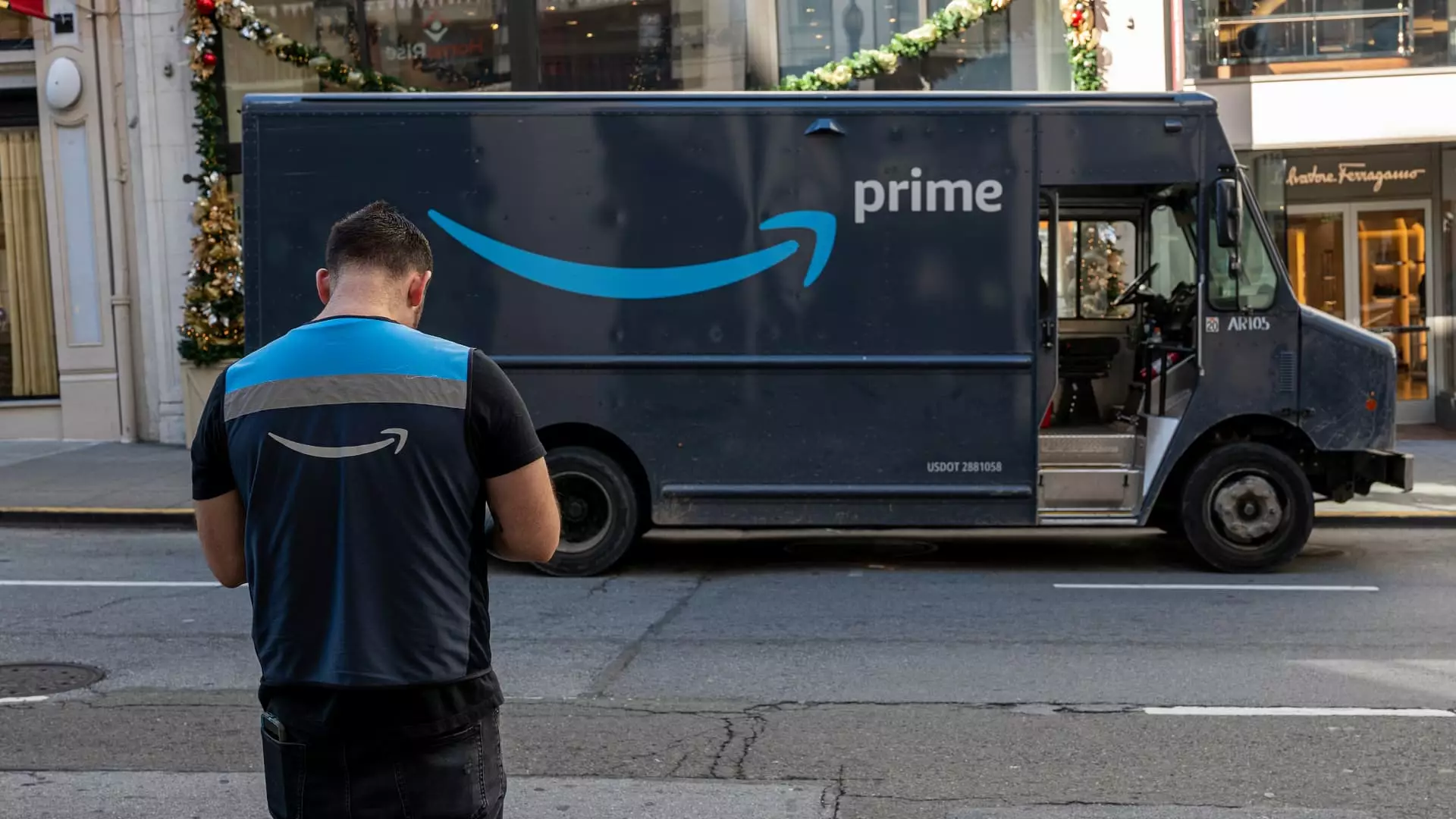In a striking confrontation between regulatory authority and corporate power, the Federal Trade Commission (FTC) is taking Amazon to task in a lawsuit that targets the company’s Prime subscription service. Initiated in June 2023, the FTC asserts that Amazon misled consumers into signing up for Prime and obstructed their attempts to unsubscribe. As we dissect this unfolding saga, it becomes evident that this litigation is not merely a fight over subscription policies but a broader commentary on corporate ethics and consumer rights in the digital age.
The Current Status of the Trial
As of a recent status hearing, a request from the FTC to delay the trial has raised eyebrows across the legal and business communities. Citing “resource constraints,” FTC attorney Jonathan Cohen sought a two-month postponement for the trial set to begin on September 22. He argued that staffing shortages, exacerbated by budget cuts initiated under the current administration, compromised the FTC’s ability to prepare adequately. Judge John Chun expressed skepticism, questioning how the agency’s situation would improve in two months, given the current resource crisis. Such exchanges highlight not just the immediacy of the FTC’s challenges, but also the potential implications for how regulatory bodies might function amidst political pressures.
A Complex Regulatory Landscape
The FTC’s struggle is underscored by the backdrop of significant workforce reductions under Trump’s Department of Government Efficiency, which has eliminated thousands of federal positions. The ongoing reshaping of the federal workforce raises serious questions about the capacity of regulatory bodies like the FTC to enforce consumer protections effectively. With such dramatic austerity measures in play, the FTC’s ability to contend with tech giants like Amazon may be compromised, underscoring a battle not only of laws but also of resources.
Amazon’s Legal Counteroffensive
Meanwhile, Amazon is not taking these allegations lying down. The company continues to dispute the FTC’s claims vigorously. In a counter-argument, Amazon’s attorney, John Hueston, challenged the need for a trial delay. Hueston contended that the FTC had not demonstrated an actual inability to proceed with the case as scheduled. The back-and-forth between the FTC and Amazon represents a fundamental clash between two vastly different approaches to business ethics and consumer engagement. While the FTC seeks to protect consumer interests and enforce transparency, Amazon frames its operational practices as fundamentally fair and compliant with the law.
The Management of Consumer Relationships
Central to this legal skirmish is the question of how companies manage consumer relationships in an increasingly complex digital marketplace. Critics, including former FTC Chair Lina Khan, have charged that Amazon has engaged in “tricking and trapping” consumers, a phrase that reveals a growing dissatisfaction with business practices perceived as non-consensual or manipulative. The legal ramifications of these claims could redefine how subscription services operate in the future, potentially requiring much greater transparency and consent from consumers.
The Wider Implications for the Tech Industry
This legal battle is emblematic of larger tensions between regulatory bodies and tech companies. As the FTC has brought forth additional accusations against Amazon regarding monopolistic practices, it is clear that regulatory scrutiny is intensifying. Should the FTC succeed in its claims, the ramifications could ripple through the technology sector, signaling a more significant shift toward heightened regulatory monitoring of consumer protection laws.
The changing of the guard at the FTC, with the departure of Lina Khan and the arrival of Trump appointee Andrew Ferguson, also hints at potential shifts in regulatory strategy and priorities in the near future. As tech giants like Amazon continue to navigate this complicated legal landscape, the balance between consumer rights and corporate interests remains precarious.
The outcome of this ongoing legal battle may well set important precedents for the entire tech industry, raising questions about accountability, consumer agency, and the future of digital commerce in an era where legal frameworks are often struggling to keep pace with innovation.

